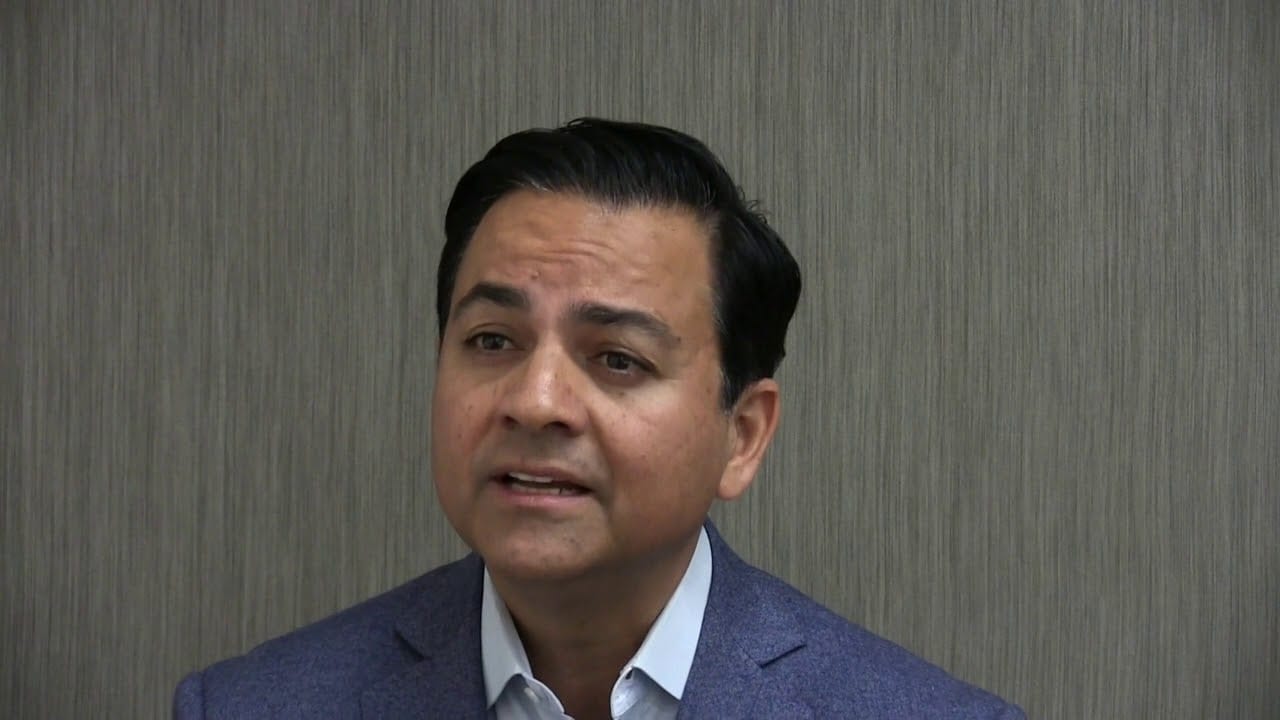
Pfizer spinout SpringWorks will ship its first drug to the FDA before year’s end with PhIII win
SpringWorks Therapeutics thinks it has cemented the backbone for its first “pipeline-in-a-product” oncology treatment and will send it to the FDA before the clock strikes 2023 with a Phase III win on Tuesday.
The oral gamma secretase inhibitor, dubbed nirogacestat, beat placebo on the primary goal of progression-free survival in adults with progressing desmoid tumors.
The soft-tissue tumors can lead to long-lasting pain, disfigurement and amputation, and there are currently no approved meds for the rare oncology indication. The tumors typically impact patients aged 20 to 44 years old and disproportionately affect women at rates 2 to 3 times higher, with up to a total of 1,650 new cases diagnosed in the US annually, according to SpringWorks.
Unlock this article instantly by becoming a free subscriber.
You’ll get access to free articles each month, plus you can customize what newsletters get delivered to your inbox each week, including breaking news.